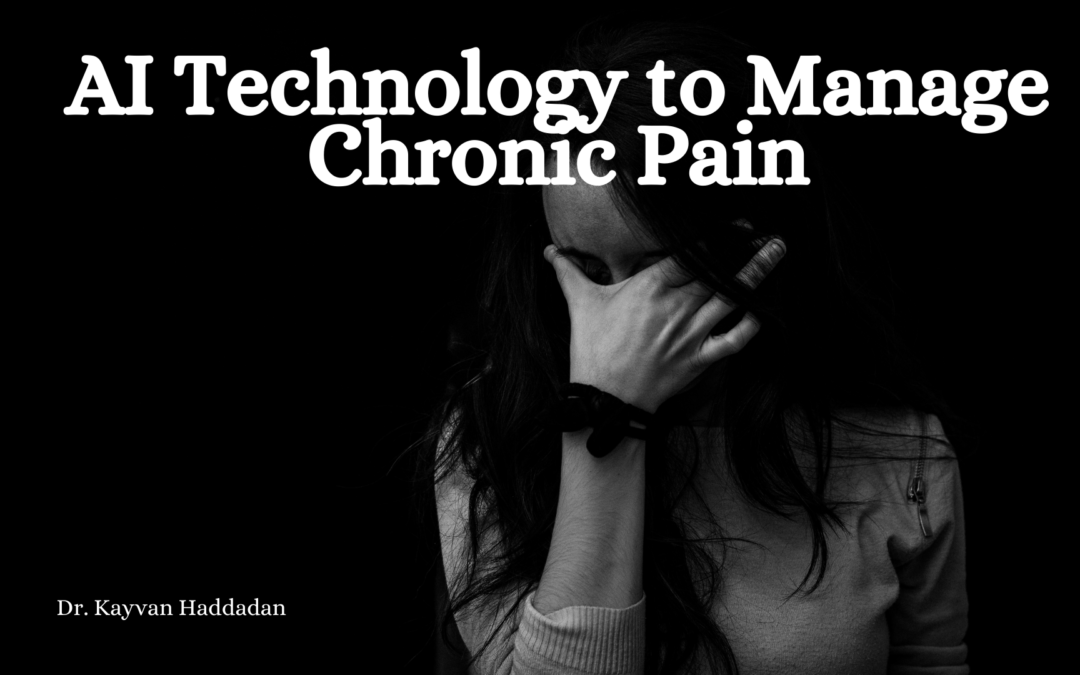Roughly 20% of adults in the United State suffer from chronic pain, and for a lot of those individuals, this pain can be a life-changing problem that gravely affects their quality of life. In addition to that, a substantial number of healthcare providers and researchers are now finding that medications given to patients with chronic pain are not effective in reducing the pain and can be highly addictive. The good news, however, is that recently developed technologies that are run by artificial intelligence may help improve the quality of the lives of patients with chronic pain by making treatments more accessible, cost-effective, and effective. On the premise, the following article presents how artificial intelligence technology is helping in managing chronic pain.
Tracking symptoms as they occur
Tracking the patient’s symptoms and daily activities through a mobile app is certainly more precise than the traditional method where patients had to explain how they felt over the past week at their doctor’s office. By using a mobile app to track the patient’s day-to-day symptoms, both the healthcare provider and the patient will certainly have a better idea of the pain and will be able to identify patterns in a more clear fashion.
Pointing out external factors that affect the pain
It is also imperative that mobile apps that are tailored for patients with chronic pain also track environmental factors, such as the individual’s daily diet, physical activity, mental health, medications and life events, just to mention a few. Tracking these factors can help the healthcare provider and the patient identify which factors are triggering the pain as well as which ones are helping the patient cope with the pain.
Spotting early warning signs of anxiety and depression
As a patient’s physical pain is deeply connected with his or her mental state, it is undoubtedly imperative to also monitor the patient’s mental health in order to catch the early warning signs of anxiety and depression. Indeed, patients in a bad state of mind can experience a delayed recovery. For that reason, it is imperative to have artificial intelligence-enabled tools that allow doctors to monitor a patient’s mental state and that prompts patients to reach out for help when they are in trouble.
